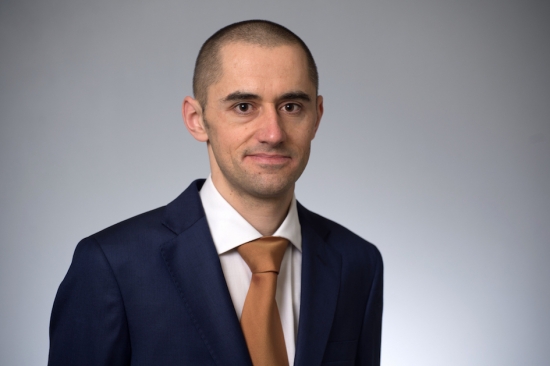
Professor Alex Biedermann is associate professor at Faculty of Law, University of Lausanne. His research and teaching activities concentrate on graphical modelling for evidential reasoning and decision-making in forensic science. His work is multidisciplinary and involves forensic science, law and various topics in probability and decision theory. Professor Biedermann is multi-lingual (mother tongue is German) and his publishing and oral presentation activities cover contributions in French, English and German. Alex Biedermann graduated from the University of Lausanne (UNIL) in 2002 (Ph.D. in forensic science). He then worked (until 2010) as a forensic scientist within the Federal Department of Justice and Police in Berne (Switzerland), with a continuous collaboration in research, teaching and casework with the School of Criminal Justice of UNIL. His PhD studies (2002-2007) at UNIL focused on graphical models and probabilistic inference for evaluating scientific evidence in forensic science. Since then, he pursued several postdoctoral research projects with a statistician at the University Ca’Foscari of Venice and a philosopher of science at the IUAV University of Venice, jointly supported by the Swiss National Science Foundation (SNSF) and the Italian National Research Council. Alex Biedermann was awarded a SNSF/ERC-Starting-Grant for a 5-years research project (http://wp.unil.ch/forensicdecision/), starting in 2016.

